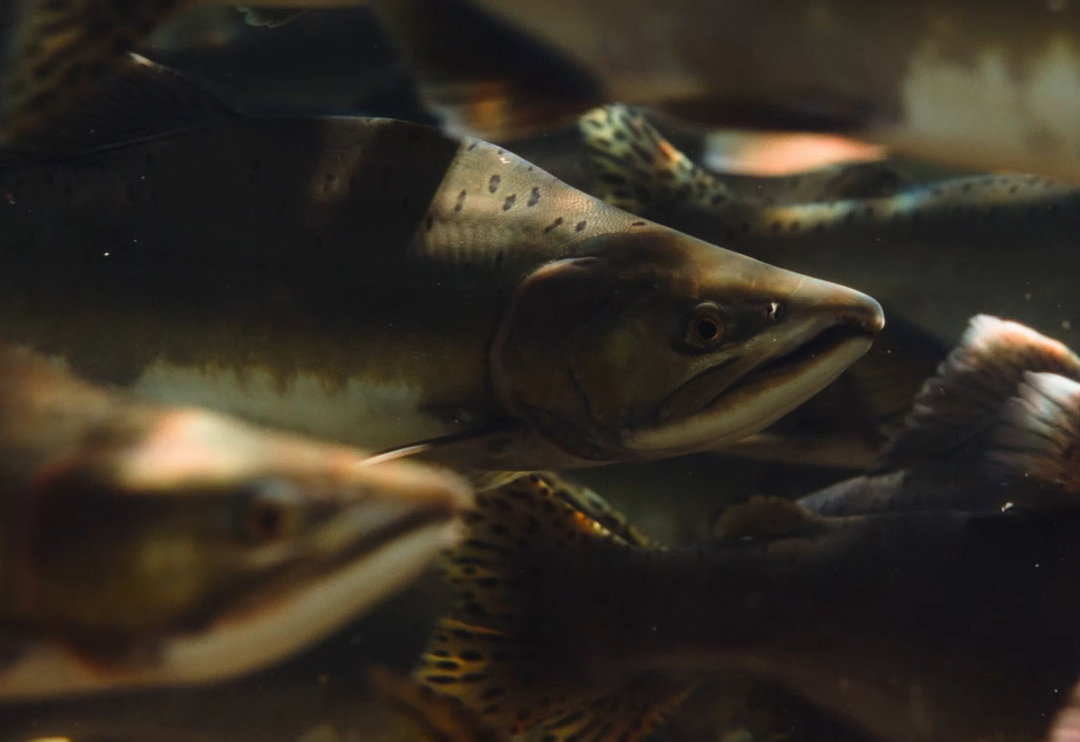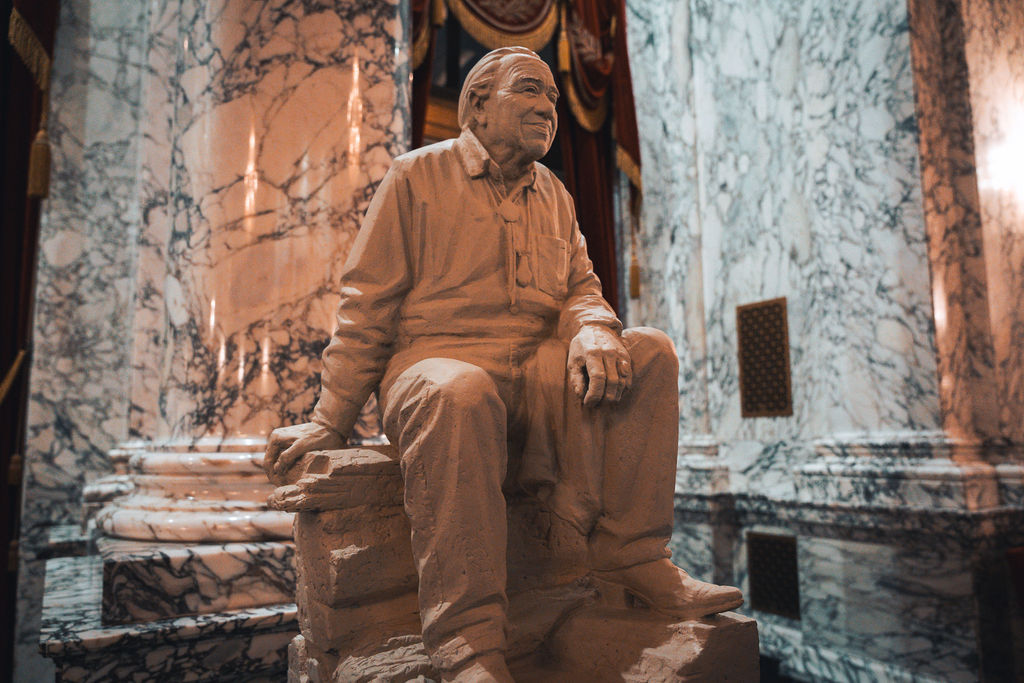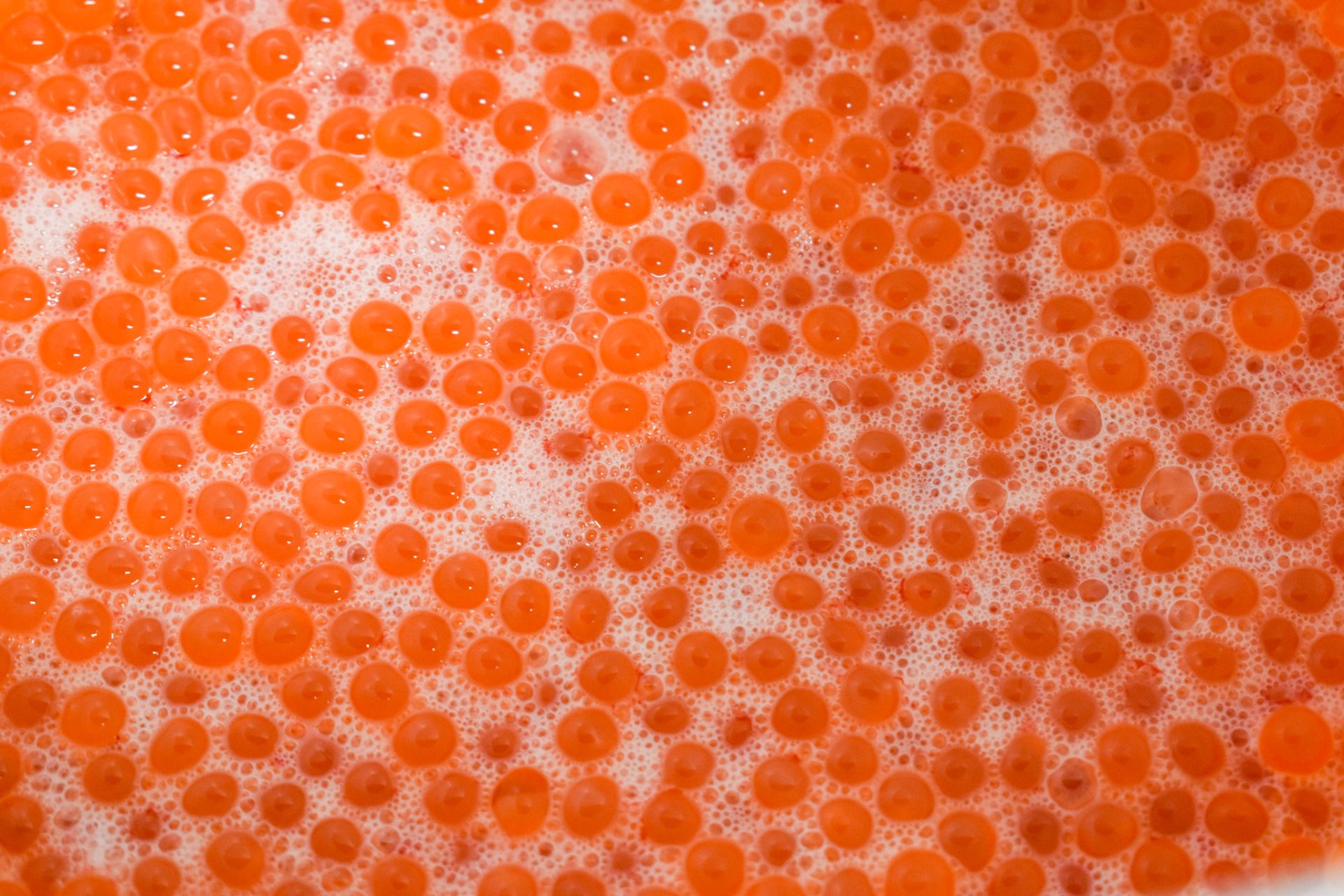OLYMPIA (June 12, 2006) — Life just wouldn’t be the same without the orca.
For thousands of years, these magnificent mammals have splashed through the ocean waves and skipped playfully through the serene waters of Puget Sound. Tribal culture has been greatly inspired by these awesome black and white giants who have always been a wondrous sign of purity and vitality in the Northwest.
Now our brother orca is listed as an endangered species, a fact almost too tragic to perceive. Orcas will disappear from our waters unless we all work together to make sure we have an environment that will sustain them. As it is, we don’t. Our waters are riddled with toxic filth and it is slowly killing them.
If orcas — who accompany humans at the top of the food chain—are in trouble, it’s a clear signal that creatures on down that chain are having problems, too. Take chinook salmon, for instance—a favorite food of both orcas and people. Does anybody out there truly believe it’s just a coincidence that Puget Sound chinook is also on the endangered species list? A recent poll conducted for the Puget Sound Partnership revealed that 80 percent of the people in our region think Puget Sound is clean and healthy. If only it were true.
Consider the facts about one kind of pollution. Hood Canal is on emergency life support because of something scientists call de-oxygenation. That’s what happens when all of the oxygen in the water is used up by the breakdown of pollutants like human waste from failing septic systems.
Thousands of gallons of human waste ended up in Puget Sound recently when an old sewer main broke in Port Angeles. Tragic as that was, it wasn’t all that unusual. Every new person who comes to the Northwest and every new home that is built here means more such waste entering the waters, very possibly through leaky septic systems or outdated and overused sewage pipes. When hundreds of cruise ships dump their holding tanks as they glide through our region, they refer to the waste as black water. When livestock manure gets smeared all over the landscape and leaches into our rivers and streams, they call it nutrients. Whatever you call it, it looks and smells the same, and Puget Sound is full of it.
Such pollutants kill whales. So does the massive destruction of critical habitat we see every day. These things also kill their feed, e.g., chinook salmon, at an ever-increasing rate. It doesn’t take a great amount of intellect to realize that we must clean up our act. We also need to increase the production of chinook from our hatcheries to feed the whales and recover our own fisheries, too.
Ask yourself how long you would sit on your hands if your home were full of black water or sewage or whatever you want to call it. You would jump into action and do whatever it takes to clean it up. What if your refrigerator was empty? How long would it take you to get to the market? Now, think of Puget Sound and the ocean as your home, as well as the home of the mighty orca, and let’s work together to do whatever is necessary to clean it up and expand the runs of harvestable chinook.
Billy Frank Jr. is the chairman of the Northwest Indian Fisheries Commission.
(END)
For more information, contact: Steve Robinson or Tony Meyer, NWIFC (360) 438-1180




